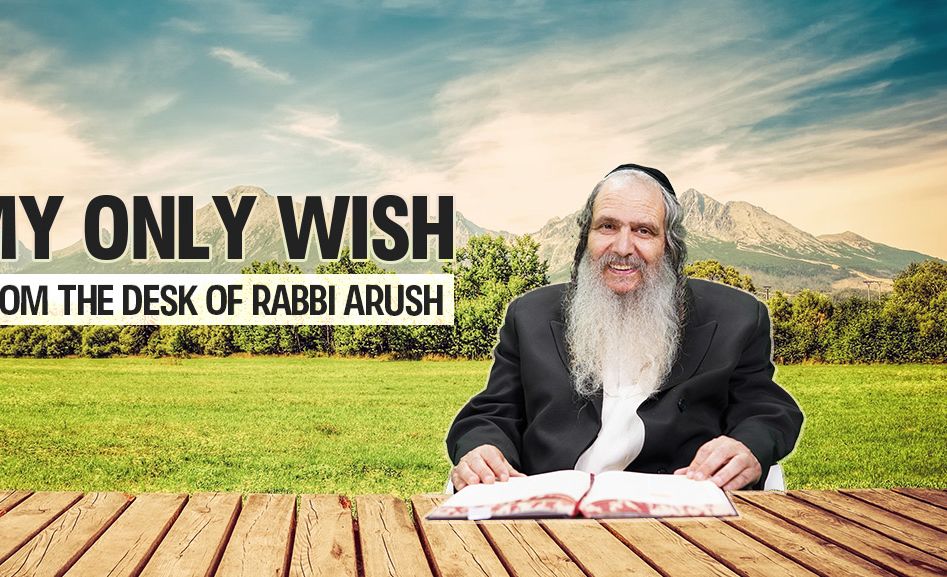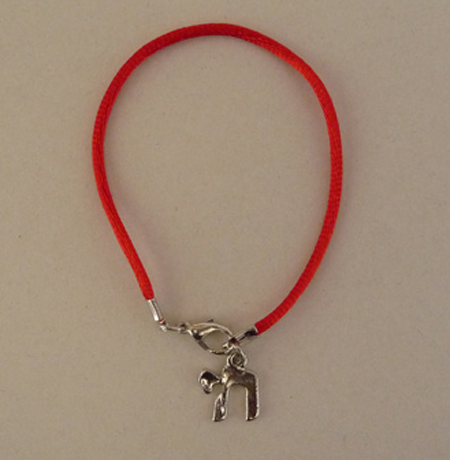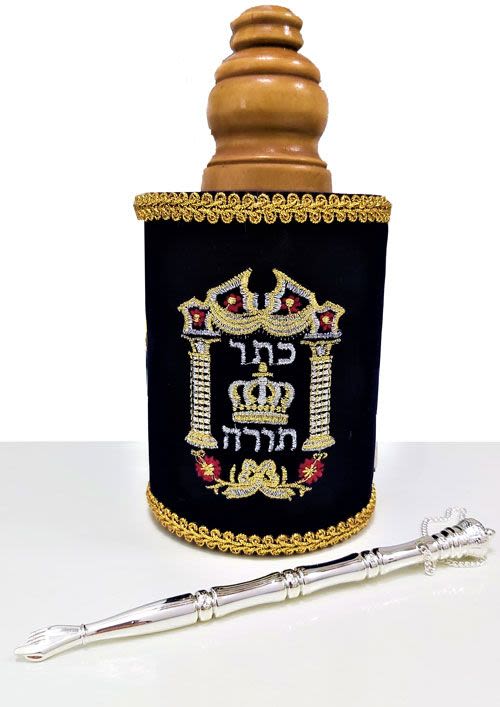
Rebels of Israel
We don't really want to believe it, do we? It seems so harsh. But belief in reward and punishment is one of our Thirteen Principles of Faith for a reason...

What happens to a soul after it dies has been so fudged and clouded by the PC (political correctness) brigade, that today ‘hell’ (Gehinnom) is only an acceptable destination for people like Hitler or Jack the Ripper.
But hell, or rather Gehinnom, is a Jewish religious reality for all of us, so today we’re going to continue to learn how best to avoid it. In a previous article, “Come Again”, we set out the Gemara discussion in Rosh Hashanah 17b that explained that a big deciding factor about what happens to a person’s soul after they die depends on whether they have done any sins that belong in the category of ‘A rebel of Israel with their body’:
(Most of the following is either directly quoted or paraphrased from the Artscroll commentary, and I strongly urge interested readers to go and look it up for themselves).
 The sin of ‘A rebel of Israel with their body’ has many categories, including:
The sin of ‘A rebel of Israel with their body’ has many categories, including:
1) ‘A head that did not wear tefillin’. Many Rishonim say, a head that never wore tefillin (which is maybe why the Lubavitcher Rebbe sent out his ‘Mitzvah Mobiles’).
Ramban explains that this is just an example, and that it applies to every positive commandment that is done with the body, for example: saying the Shema or saying Bircat Hamazon (the Grace after Meals). The proviso here is that this punishment only applies when people actively disdained the mitzvah, that is, they knew about it and didn’t do it.
2) ‘People who sin with the transgression of illicit relations’, and in particular, incest and adultery. (this one speaks for itself.)
3) ‘Those who instilled their terror in the land’ – this refers to a communal leader who instills excessive fear on the community not for the sake of Heaven.
Let’s recap what we’ve just learned, as it’s really important for us to understand what our sources are teaching us about what happens to our souls, after we die:
If your sins are equally balanced with your merits, but contain one of these three sins (as listed above), you’ll have a brief trip to Gehinnom, and then everlasting bliss in Gan Eden.
If you have more sins than mitzvot, but none of these three, you’ll spend up to 12 months in Gehinnom, and then everlasting bliss.
If you have more sins than mitzvot, including one of these three, you get 12 months in Gehinnom, and then your soul gets burnt to ash. (According to the Ramban, this is also the punishment known as ‘Karet‘ (excision)).
DON’T FORGET: We can make teshuva for everything, while we’re still alive!! Please, no-one have a heart attack over this stuff, but we need to take our spiritual striving and our after life seriously, so that we do the work we need to do to really enjoy ourselves Upstairs.
Let’s finish today’s discussion with one more ‘hard’ bit of information, and then we’ll start to look at the ‘sweeter’ stuff another time.
‘Sectarians, Informers, and Apikorsim (heretics)’
In Rosh Hashanah 17a, it says the following about the last, and worst category of people, who end up being tortured in Gehinnom for eternity:
“But the sectarians (minim); the informers (masorot) the apikorsim (heretics), those who denied the Divinity of torah; those who denied the resurrection of the dead; those who separated themselves from the way of the community; those who instilled their terror in the land of life and those who sinned and caused the multitude to sin….Gehinnom will end, but they will not come to an end.”
Again, the specific definitions vary, but Tosfos says the following:
Sectarians = those who distort the true meaning of the Torah’s words;
Informers = people who deliver Jewish money to idolators;
Apikores = people who disparage Torah scholars.
The Rambam has different definitions for ‘sectarians’ and ‘apikorsim’ (heretics):
Sectarians = atheists OR people who believe in more than one G-d OR believes G-d has a physical form OR believes in G-d but says He wasn’t the sole creator of the universe OR worships a heavenly body or other being, and treats it as an intermediary between himself and G-d;
Apikores = people who deny the entire notion of prophecy, asserting that G-d does not communicate with man (ie, the people who tell you it’s ‘impossible’ to know what G-d wants from us, and the like) OR deny the veracity of Moses’ prophecy OR believe that G-d is unaware of man’s deeds.
It’s a very sobering thought that so many of the people we know (even the ‘frum’ ones…) are mamash going to Gehinnom for 12 months, and maybe even longer…
We don’t really want to believe it, do we? It seems so harsh. But belief in reward and punishment is one of our 13 Principles of Faith for a reason, because as Rav Dessler said, once we know the consequences for sinning, we’ll be far less likely to keep doing it.











4/13/2014
A Jew is a neshama tova. A Jew is a neshama tova.
4/13/2014
A Jew is a neshama tova.
4/13/2014
Love that Knows no Barriers http://www.chabad.org/therebbe/livingtorah/player_cdo/aid/818267/jewish/Love-that-Knows-No-Barriers.htm